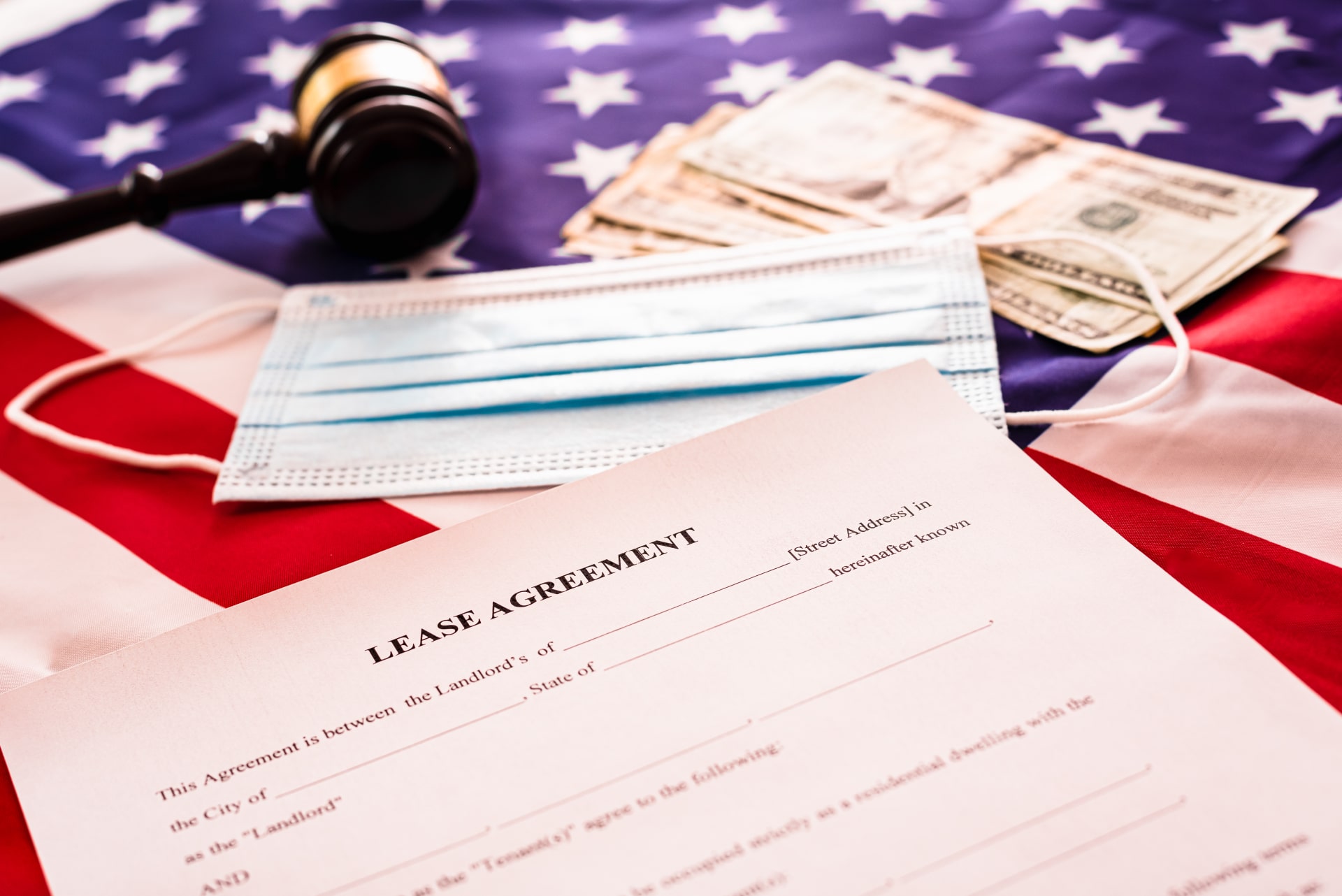Commercial landlords are still reeling from the impact of the COVID-19 pandemic. It is fair to say the pandemic fundamentally transformed Los Angeles’ commercial real estate landscape, creating an ongoing crisis that continues to challenge businesses, landlords, and policymakers alike. Los Angeles’ commercial lease crisis arose through multiple interconnected challenges. Many businesses accumulated substantial rent debt during pandemic-related closures, while others negotiated temporary rent reductions that are now expiring. The shift toward remote work significantly reduced demand for office space, while retail businesses face ongoing uncertainty about consumer behavior patterns. Small businesses, particularly restaurants and retail establishments, remain especially vulnerable as they navigate between recovering operations and meeting lease obligations.
The crisis appears to have disproportionately affected small and minority-owned businesses, which often lack the financial resources and negotiating power of larger corporations. Many of these enterprises face difficult decisions between closing permanently or attempting to renegotiate lease terms that may no longer align with their post-pandemic revenue capacity.
Los Angeles Rent Relief Programs
Los Angeles County has implemented significant rent relief initiatives to address the ongoing crisis. The Los Angeles County Rent Relief Program distributed more than $81 million in direct financial assistance to landlords across the County through its recent round, which ran from December 12, 2023, to June 4, 2024. This program primarily targeted residential tenants but provided crucial market stability that indirectly benefits the broader commercial sector.
The program provides up to $30,000 per rental unit to landlords for unpaid rent and eligible expenses dating from April 1, 2022, to present day, though eligibility requires that units remain occupied by impacted tenants. While these programs focus on residential properties, they free up resources that can be redirected toward commercial lease obligations.
The City of Los Angeles operates its own Emergency Renters Assistance Program, which provides temporary rent subsidies for eligible residential tenants unable to pay rent due to COVID-19-related circumstances, offering grants of up to $1,000. Though smaller in scope than county programs, these municipal efforts complement broader relief strategies.
Tenant Negotiation Strategies
Successful commercial lease negotiations in the current environment require comprehensive preparation and strategic thinking. Commercial tenants must comprehend their lease terms and strive for favorable conditions through negotiation, particularly regarding personal guarantees that could create personal liability for unpaid rent or fees.
Effective negotiation strategies include conducting thorough market analysis to demonstrate current rental rates and vacancy levels in comparable properties. Tenants should prepare detailed financial projections showing their capacity to meet modified lease terms while maintaining business operations. Documentation of pandemic-related revenue losses and ongoing operational challenges strengthens negotiating positions.
Consider proposing graduated rent increases that align with business recovery timelines rather than immediate returns to pre-pandemic rates. Percentage rent structures, where rent varies with business performance, can provide flexibility for both parties. Additionally, tenants should explore modifications to common area maintenance charges, operating expense escalations, and other lease provisions that may no longer reflect current market conditions.
Open communication between commercial landlords and tenants becomes pivotal in reaching agreements that benefit both parties, with market-driven factors playing crucial roles in determining rental adjustments. Building collaborative relationships often yields better outcomes than adversarial approaches.
Municipal Ordinances and Protections
Los Angeles municipal ordinances provide various protections and requirements that affect commercial lease negotiations. While most rent stabilization measures focus on residential properties, the maximum allowable increase for regulated buildings is 8.9 percent for the period from August 1, 2024 to July 31, 2025, setting precedents that influence commercial market expectations.
The City of Los Angeles maintains specific requirements for landlord-tenant relationships, including notification procedures and eviction protections that, while primarily residential-focused, establish frameworks that influence commercial practices. Rent debts from October 1, 2021, through January 31, 2023, had specific repayment deadlines, with protections for tenants who provided COVID-19 Related Declarations of Financial Distress.
Local ordinances also address business licensing, zoning compliance, and health department requirements that affect lease negotiations and tenant obligations. Understanding these regulatory frameworks helps both landlords and tenants navigate their respective responsibilities and opportunities for relief or modification.
Have Legal Questions About Commercial Lease Issues? Contact an Experienced Business Lawyer in Los Angeles
The post-pandemic commercial lease crisis in Los Angeles requires continued adaptation and creative problem-solving from all stakeholders. Successful navigation depends on understanding available relief programs, implementing effective negotiation strategies, and staying current with evolving municipal ordinances and protections. Businesses that proactively address lease challenges through informed negotiation and strategic planning can better position themselves for long-term success. If you need assistance navigating these legal challenges, then contact the Hakim Law Group. We are a corporate law firm in Los Angeles geared toward helping business owners tackle complex legal and regulatory matters. Our business law firm was founded on the premise that experience matters. Our experienced business lawyers are laser focused on providing the highest levels of representation in addressing the legal and business challenges facing our clients today, tomorrow, and in the future.
For additional information or to schedule an appointment, please contact the attorneys from Hakim Law Group at (310) 993-2203 or visit www.HakimLawGroup.com to learn more.


